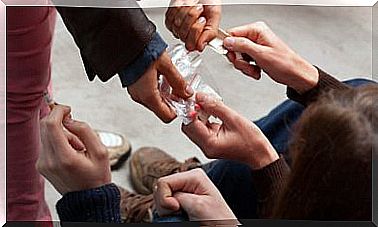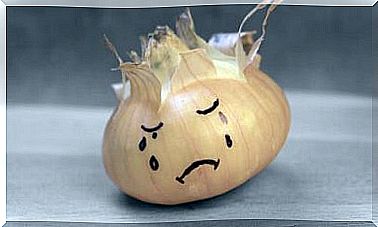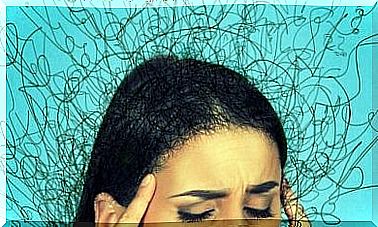The Marks Left On Our Brain By “toxic Upbringing “
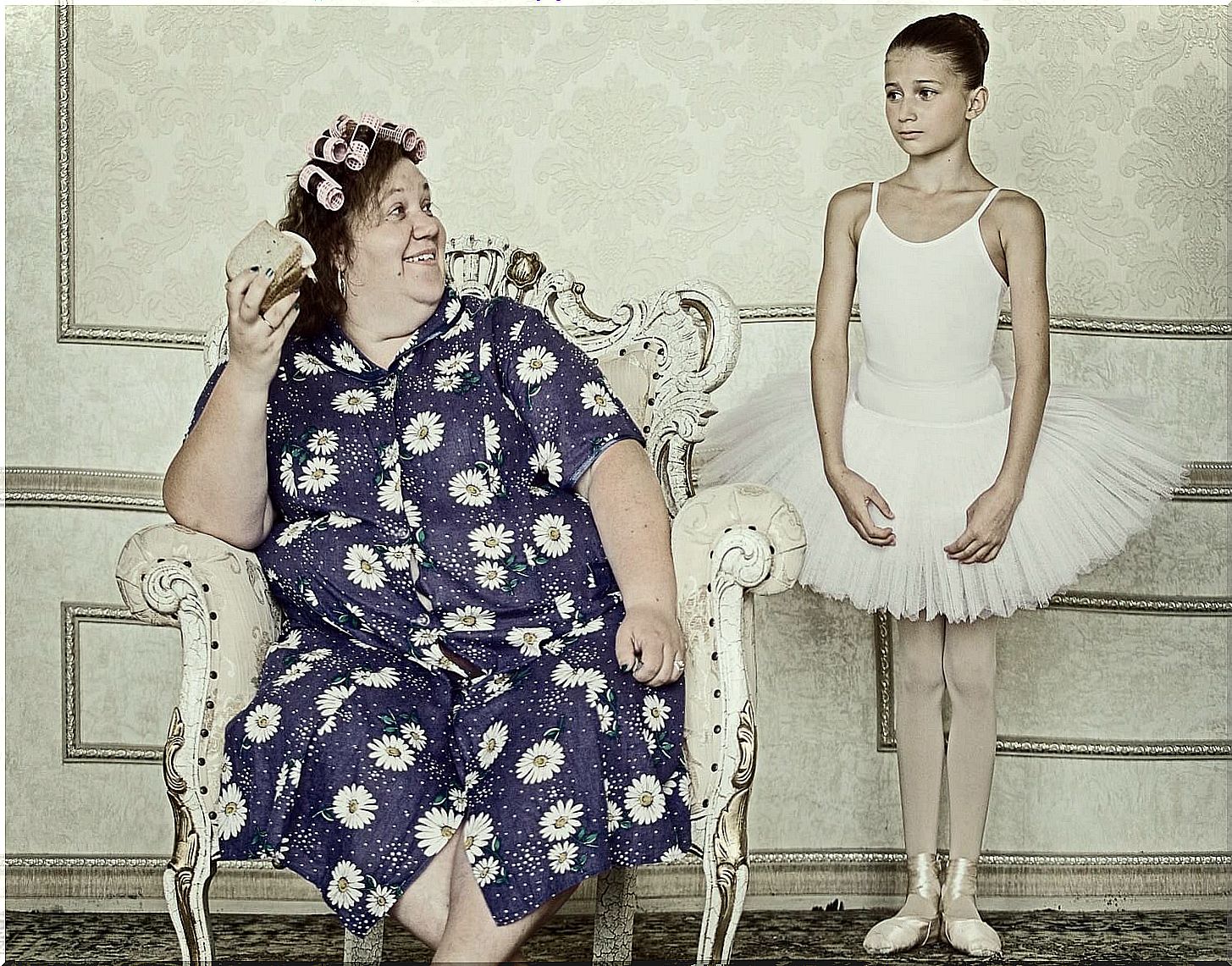
We could talk about various types of parenting, educating and transmitting values, and although it is true that no one comes to this world knowing how to raise a child to be happy tomorrow, every parent knows that at the base of all this , there is love.
Now, the problem lies precisely in the way these people conceive the word “love.” Does loving a child mean protecting him from all evil and locking him up forever inside a bubble ?
Is it wanting a child to sanction everything he does, says or chooses with the idea of getting him to go down that path that I consider acceptable for him?
And what can we say about toxic mothers, who manipulate and weave their tight networks in order to satisfy their own needs, to prevent the child from leaving their comfort zone. .. Without a doubt, we all know how to identify these toxic parenting styles.
Let’s talk today in our space about this harmful education, and how it can be reflected in the brain of children.
1. A brain under stress

Stress is not a state that characterizes our adulthood. Absolutely. A newborn who is not cared for when he cries suffers stress, a baby who does not receive caresses and affection suffers stress.
Now, what happens in the case of a parenting style influenced by a toxic mother, a toxic father or authoritarian parents?
– The child is subjected to strong pressure every day . He knows that each of his steps, his words or choices will be analyzed and even sanctioned. They are subjected to a continuous state of insecurity that ends up plunging them into a state of stress and anxiety.
– In addition, they are often seen in the complex situation of wanting to free themselves from those threads of the toxic mother who watches over everything she does, who tells her what to do. However, the idea of leaving that zone of influence, of that comfort zone also scares him.
– He fears that any challenge to the authoritarian father or the toxic mother will cause serious consequences. They fear punishment, and they also fear “disappointing or defrauding” their parents. All of this creates stress.
– Children subjected to stress from early times to adolescence, for example, show very high levels of cortisol, adrenaline and norepinephrine.
– These hormones and neurotransmitters cause small alterations in structures such as the hippocampus, the amygdala and the frontal lobe.
How does it translate on a behavioral or emotional level? There are deficits in working memory, that is, in problem solving ability.
– The hippocampus, for example, is related to emotions and memory, while the frontal cortex is related to decision-making. This means that children subjected to very high stress tend to have certain problems when deciding things, solving problem situations, maintaining internal regulation and self-control when they must undertake a task or solve a problem.
– It is clear that each one will have their own personal stories, and that we cannot standardize these data. However, intense stress at an early age is often related to insecurity and the difficulty of solving or getting out of complicated situations.
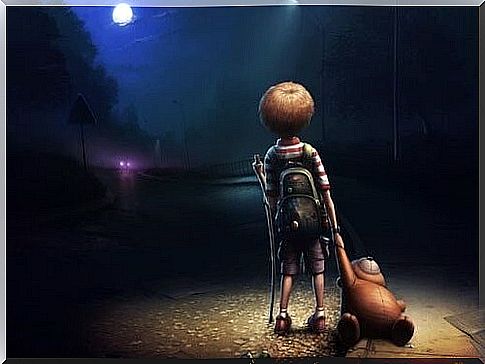
2. The emotional brain in children
A toxic parenting style will generate in children a convulsive torrent of conflicting emotions. Toxic mothers, for example, often provoke love-hate relationships, as well as a complex dependency where need, fear, hatred and affection alternate.
With an authoritarian educational style, the power of fear is exercised, and this causes very negative emotions that mark children for a long time. While it is true that as we grow we can react to this influence, it is something that always leaves its mark on the brain.
Let’s see.
– The most negative and most intense emotions are undoubtedly fear and anger. These sensations are very common in a toxic parenting style, where although there may be relaxed moments, the most curious thing is that negative memories tend to have much more impact in a child’s brain.
– Fear and anger are concentrated in a small primary structure called the amygdala. It is part of the limbic system and is located deep in the temporal lobes. Its function is to store emotional experiences, and settle the so-called fear conditioning.
– The amygdala is the one that also helps us to establish long-term memory, so all those negative events that we experienced in our childhood that caused us discomfort, fear or that made us turn on with rage, are sensations that usually remain for the whole life.
– The amygdala leaves a “nmemotechnical” trace, so that when we become adults, we use many of those memories either to react and avoid certain things, or to remain prisoners of the same fears. It is undoubtedly a very complex dimension.

Image Courtesy: Anna Radchenko

